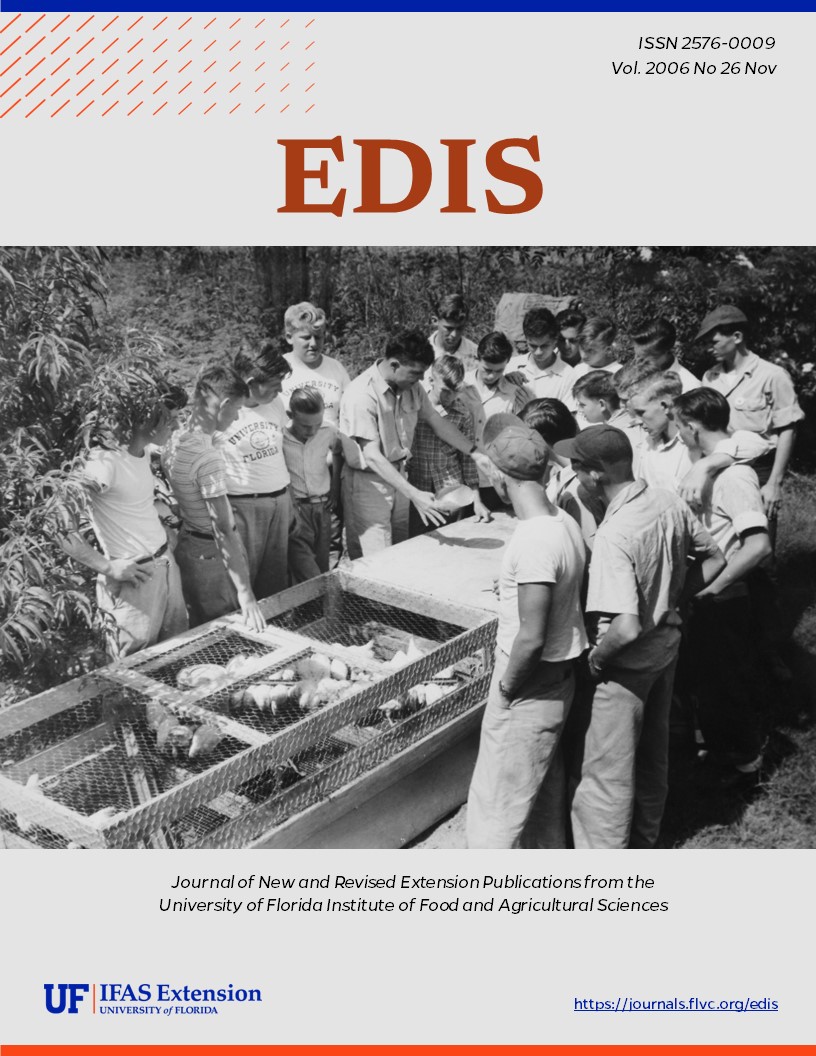Abstract
FCS-2249, a 6-page fact sheet by Kate Fogarty, is one of a series of discussions on understanding teen sexuality, intended for adults who work with teens. It defines sexual harassment and how it can manifest at school, in the workplace, and in cyberspace; discusses how sexual harassment affects teens; and provides some suggestions to offer teens, parents, and educators on how to handle it. Includes references and additional resources for teens and parents. Published by the UF Department of Family Youth and Community Sciences, October 2006.
FCS2249/FY850: Teens and Sexual Harassment: Making a Difference (ufl.edu)
References
Garbarino, J. (2005, May) Growing up in a Socially Toxic Environment. Keynote speech Children Youth and Families At-Risk Annual Conference, May 25, 2005.
Hansen, G.L., & Mallory, W.W. (2005). Eliminate sexual harassment. University of Kentucky Cooperative Extension Service. Accessed on July 22, 2005 from "http://www.agnr.umd.edu/nnfr/adolsex/fact/adolsex_harass.html" http://www.agnr.umd.edu/nnfr/adolsex/fact/adolsex_harass.html
Pellegrini, A.D. (2002). Bullying, victimization, and sexual harassment during the transition to middle school. Educational Psychologist, 37, 151-163. https://doi.org/10.1207/S15326985EP3703_2
Lee, V., Croninger, R., Linn, E., & Chen, X. (1996). The culture of sexual harassment in secondary schools. American Educational Research Journal, 33, 383-417. https://doi.org/10.3102/00028312033002383
Fineran, S. (2002). Adolescents at work: Gender issues and sexual harassment. Violence Against Women, 8, 953-967. https://doi.org/10.1177/107780102400447087
McMaster, L., Connolly, J., Pepler, D., & Craig, W. (2002). Peer to peer sexual harassment in early adolescence: A developmental perspective. Development & Psychopathology, 14, 91-105. https://doi.org/10.1017/S0954579402001050
Dewey, L. (2002). Girls online: Feeling out of bounds. Camping Magazine, September/October, 48-50.
Arnett, J.J. (2004). Adolescence and emerging adulthood: A cultural approach. (2nd Edition) Upper Saddle River, NJ: Prentice-Hall.
Steinberg, L. (2002). Adolescence. (6th Edition) New York, NY: McGraw-Hill.
Ybarra, M.L., Leaf, P., & Diener-West, M. (2004). Sex differences in youth-reported depressive symptomatology and unwanted internet sexual solicitation. Journal of Medical Internet Research, 6. https://doi.org/10.2196/jmir.6.1.e5
Fineran, S. & Bennett, L. (1998). Teenage peer sexual harassment: Implications for social work practice in education. Social Work, 43, 55-64. https://doi.org/10.1093/sw/43.1.55
Linn, E., & Fua, R.B. (1999). The role of school mental health professionals in resolving school-related sexual harassment complaints. Social Work in Education, 21, 1-5. https://doi.org/10.1093/cs/21.4.263
Stein, N. (1995). Sexual harassment in school: The public performance of gendered violence. Harvard Educational Review, 65, 145-162. https://doi.org/10.17763/haer.65.2.7080h5t354300557

